We’re looking for another teammate. This time we’re looking for someone who is completely focused on improving conversion and retention. You love moving the needle, one small step at a time. This job is all about seeing untapped potential.
Conversion could be financial (get more people to start a trial or complete it – what we consider a “sale”), or outcome-based (inspire people to create more Basecamp projects by showing them creative ways to use Basecamp they never thought of before). Or something else.
Retention could be reducing cancellations, or reducing unsubscribes from our mailing list, or increasing the number of people who log into Basecamp every day. Or something else.
You should…
You should be great at figuring out which words or phrases hook people instead of letting them get away. We believe the right words at the right time can make all the difference.
You should look at a sign up form like…
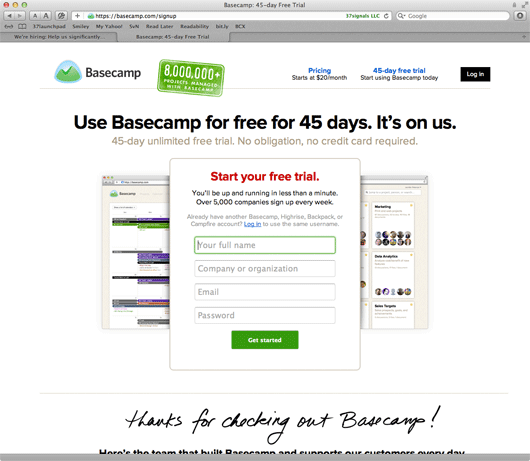 …and already know three ways to significantly improve conversion.
…and already know three ways to significantly improve conversion.
You should be great at understanding what motivates people. This requires deep insight into the decision making process. You should know why people buy, why people don’t buy, why people buy more of something they already have, and why people who bought decide not to buy any more.
You should look at a screen like…
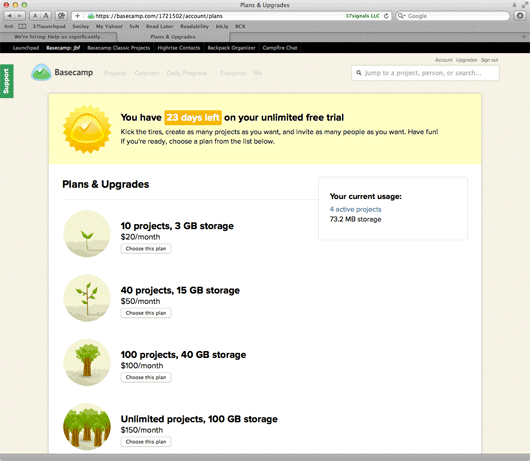 …and think to yourself – “if they rearranged this, highlighted that, or renamed this other thing, they’d increase sales by at least 25%.”
…and think to yourself – “if they rearranged this, highlighted that, or renamed this other thing, they’d increase sales by at least 25%.”
You should be great at knowing how to help people find value in something they already have. There are always more ways to use something than the ways you already use it.
You should look at a new project like…
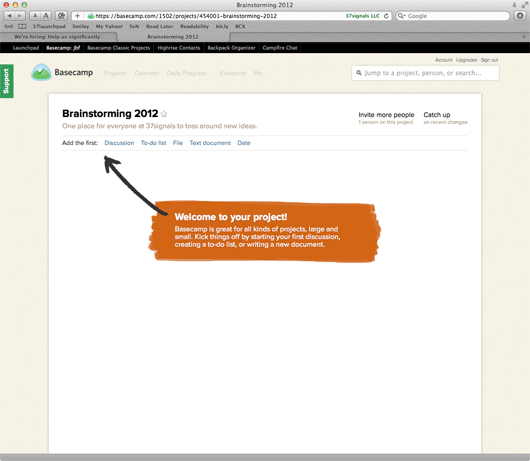 …and say “no, no, no… a better way to get someone started on a new project is like this…”
…and say “no, no, no… a better way to get someone started on a new project is like this…”
Or you should look at an email like…
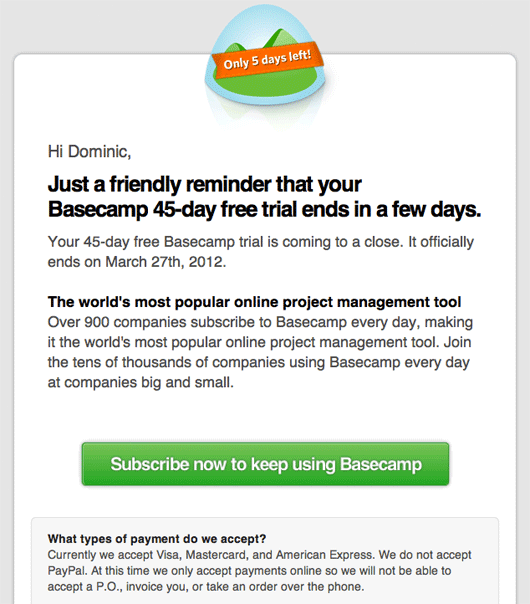 …and think “You’re missing a big opportunity to get more people to take action here. If we…”
…and think “You’re missing a big opportunity to get more people to take action here. If we…”
Ideas and execution
This is not just a job for an idea person – it’s about ideas and execution. You’ll be expected to write the copy. You’ll be expected to implement the designs. You’ll be expected to shepherd ideas from start to finish – not just to toss them out there for other people to worry about.
You should love to propose, experiment, implement, execute, and measure. You may not be able to take everything on 100% yourself, but you try your best before you hit your limits and have to ask for help.
The challenge: Double our sales
We’d like to double sales over the next 12 months without making deep material changes to our products. We don’t believe it’s possible. Change our minds. Convert us.
Can you do it?
If this sounds like something you’re great at, we’d love to talk to you. This is a new position at 37signals, so you’ll be in charge of making it work.
You’ll be part of the best overall team in the business. From ops, to programming, to design, to support, to data, to video – we’re ready to work together to see your bright ideas through.
To apply
Send an email titled [Conversion] to [email protected] telling us why you’re the one. How you tell us is up to you.
Our office is based in Chicago, but our team is spread out all over the world. You can work from anywhere. We just require a few trips to Chicago a year when the whole company gets together.
We’ll be accepting applications until June 4.
This is a chance to do the best work of your career. We know you’re out there. Get in touch.

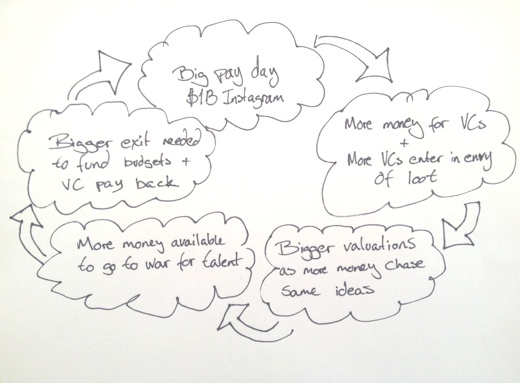

 …and already know three ways to significantly improve conversion.
…and already know three ways to significantly improve conversion. …and think to yourself – “if they rearranged this, highlighted that, or renamed this other thing, they’d increase sales by at least 25%.”
…and think to yourself – “if they rearranged this, highlighted that, or renamed this other thing, they’d increase sales by at least 25%.” …and say “no, no, no… a better way to get someone started on a new project is like this…”
…and say “no, no, no… a better way to get someone started on a new project is like this…” …and think “You’re missing a big opportunity to get more people to take action here. If we…”
…and think “You’re missing a big opportunity to get more people to take action here. If we…”
